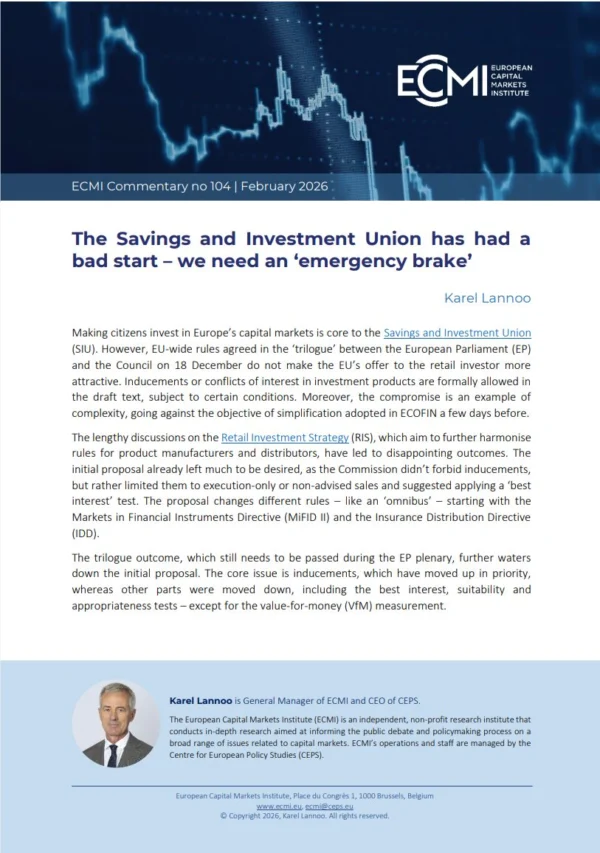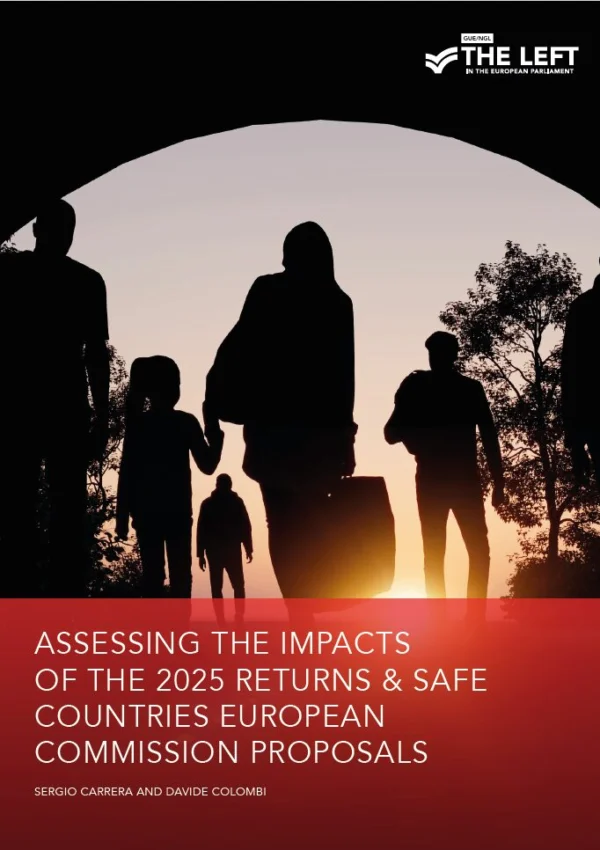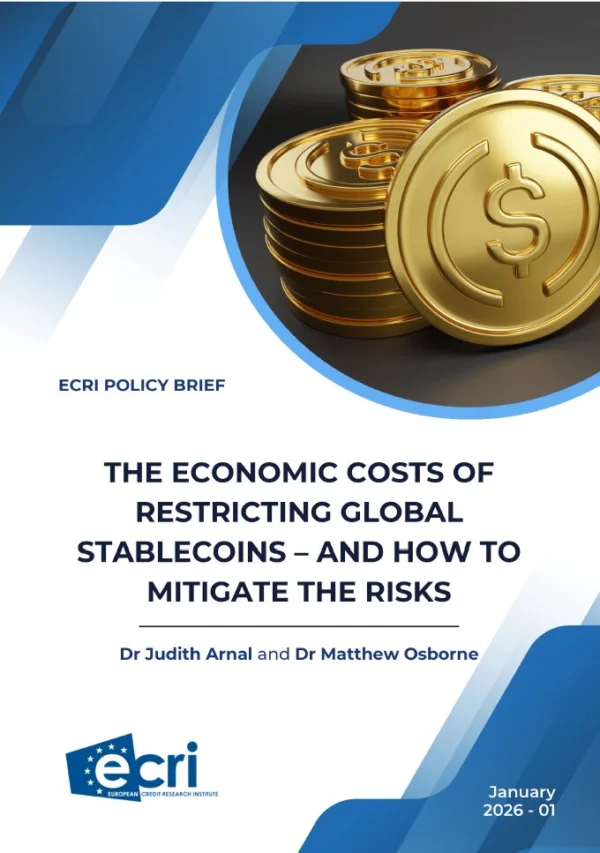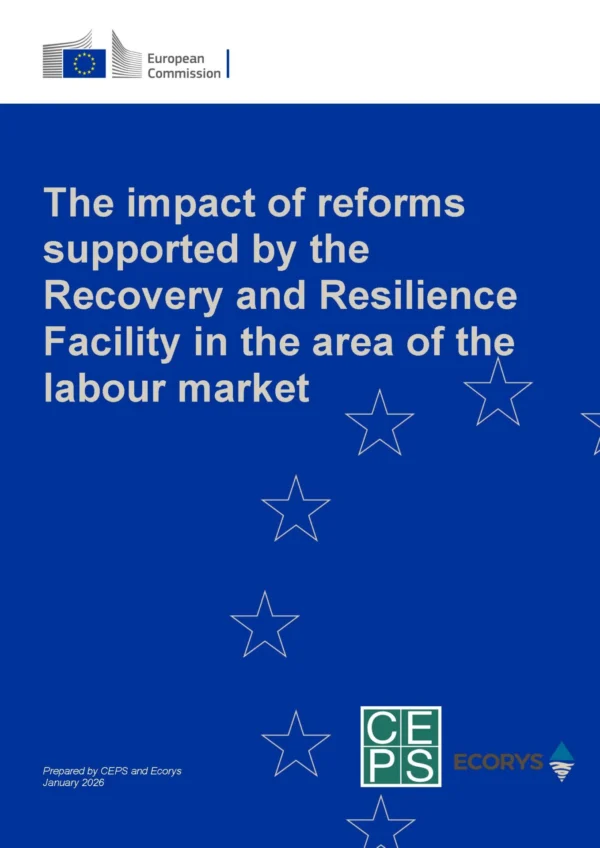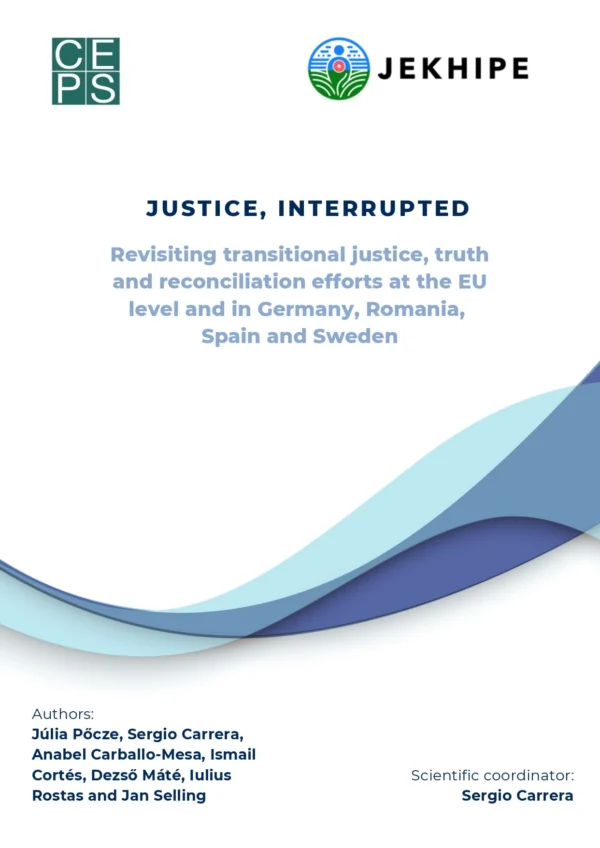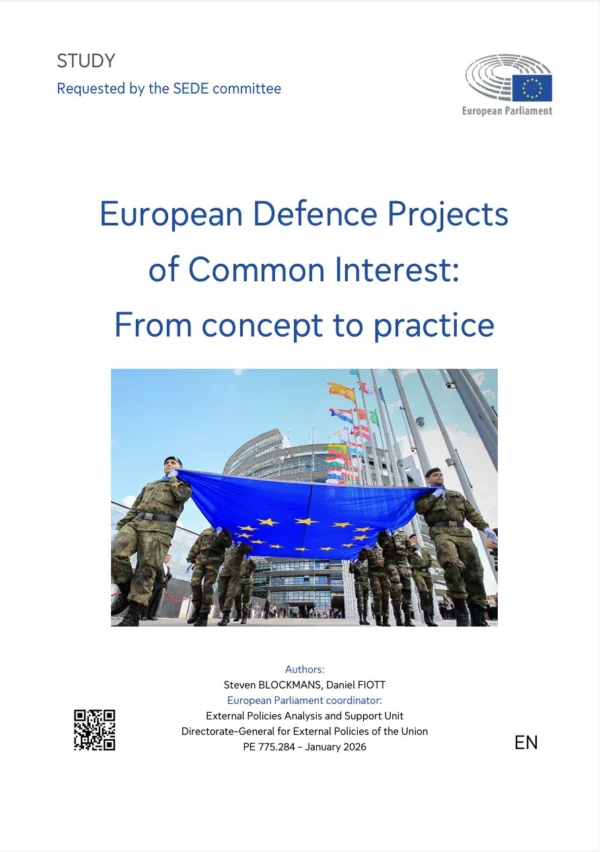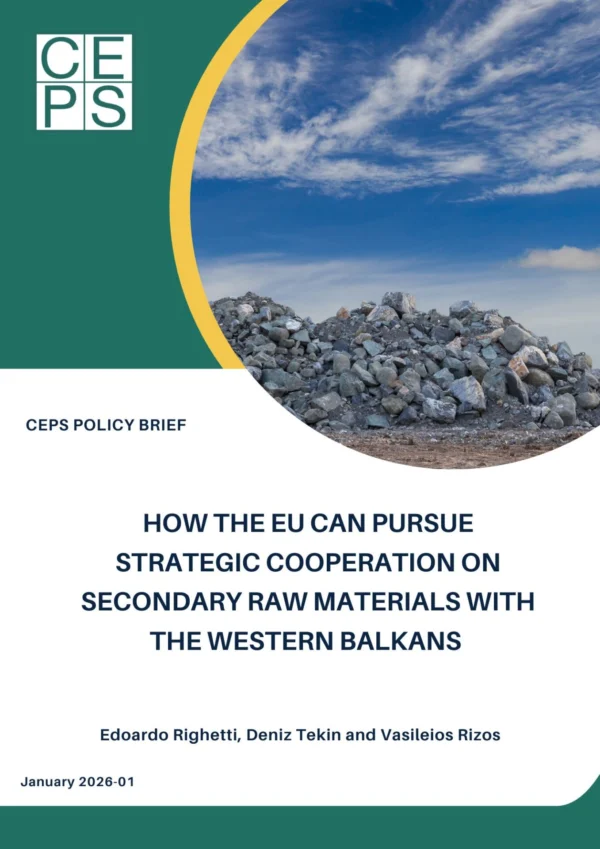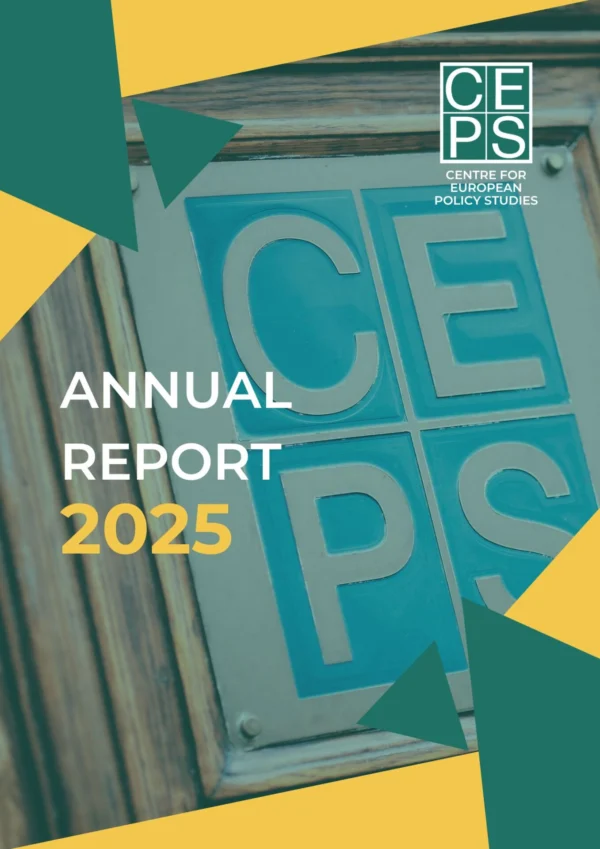This paper looks at resource nationalism and political instability as potential causes of disruption to global oil supplies. It points to depletion preferences and strategies as one form of resource nationalism. In most cases, resource nationalism appears to be motivated by rent maximisation. Hence, we see the adoption of more restrictive policies when prices rise. Conversely, when oil prices are low, increasing export volumes becomes more important. Restrictions on exports are common, especially for natural gas, which is sometimes reserved for national consumption. Export taxes are a tool used by some countries to extract revenue from oil producers. Domestic prices of gas and petroleum products are frequently much lower than international prices, also in some sense reducing availability for export. Political instability has a much more elusive impact on oil and gas exports, and historical experience points to contradictory potential outcomes. This paper concludes that political instability and resource nationalism are rarely associated with acute supply crises or shortfalls. Their effect is rather gradual and normally compensated by action in other parts of the system.
This paper is one of a number being prepared for the SECURE project (Security of Energy Considering its Uncertainties, Risks and Economic Implications), funded by the European Commission under the Seventh Framework Programme. Author Giacomo Luciani is Director of Gulf Research Centre Foundation.

